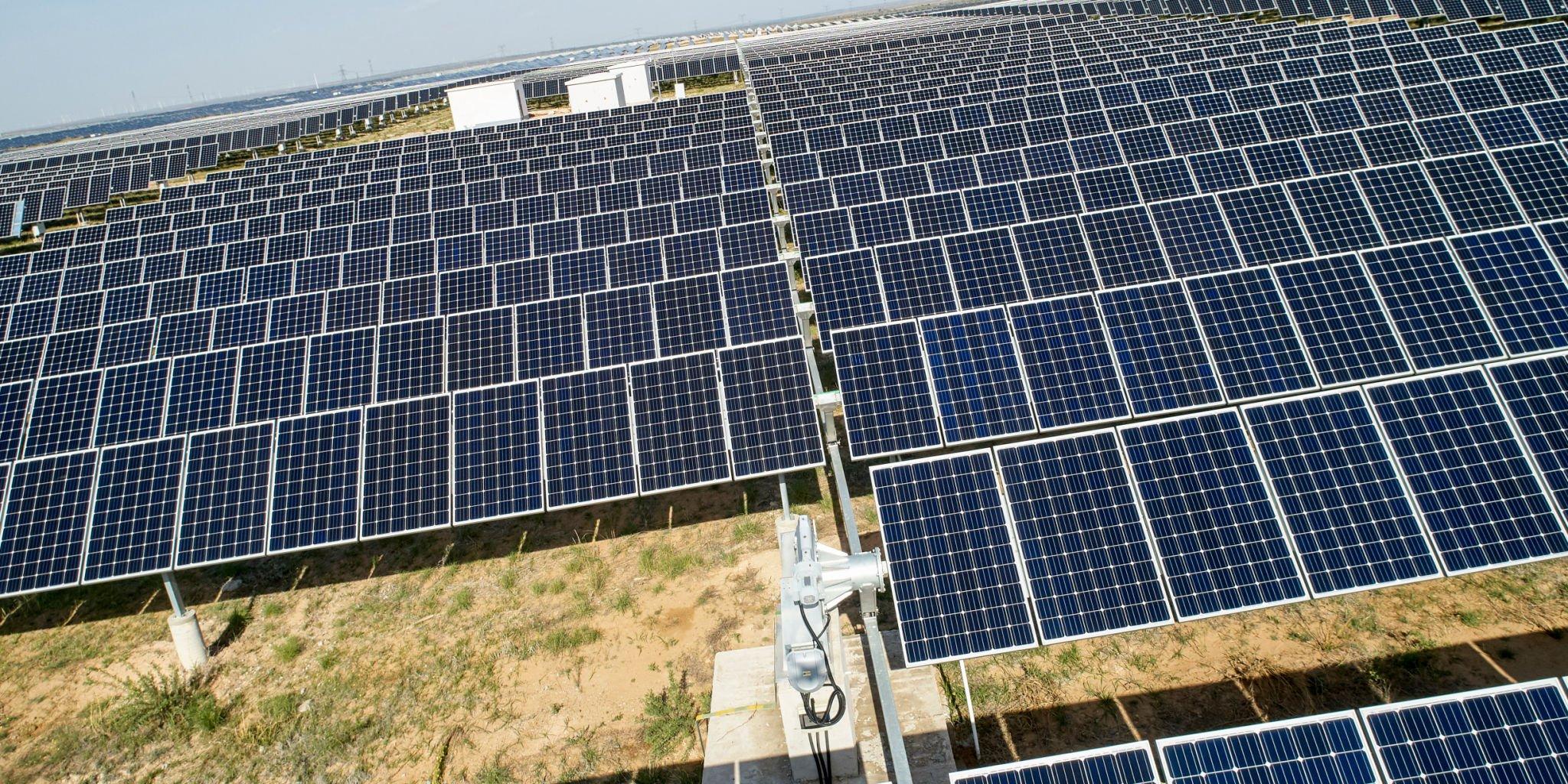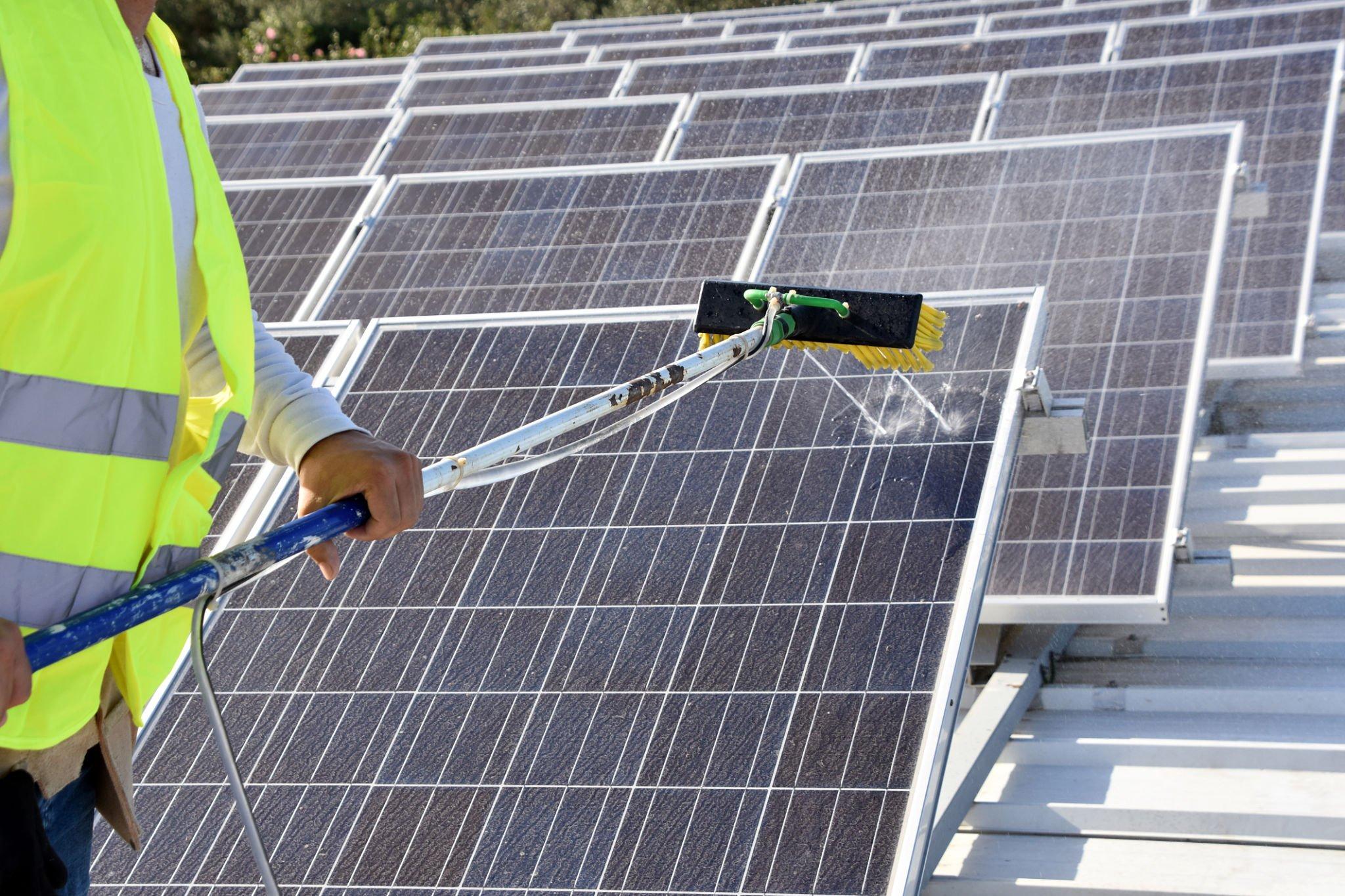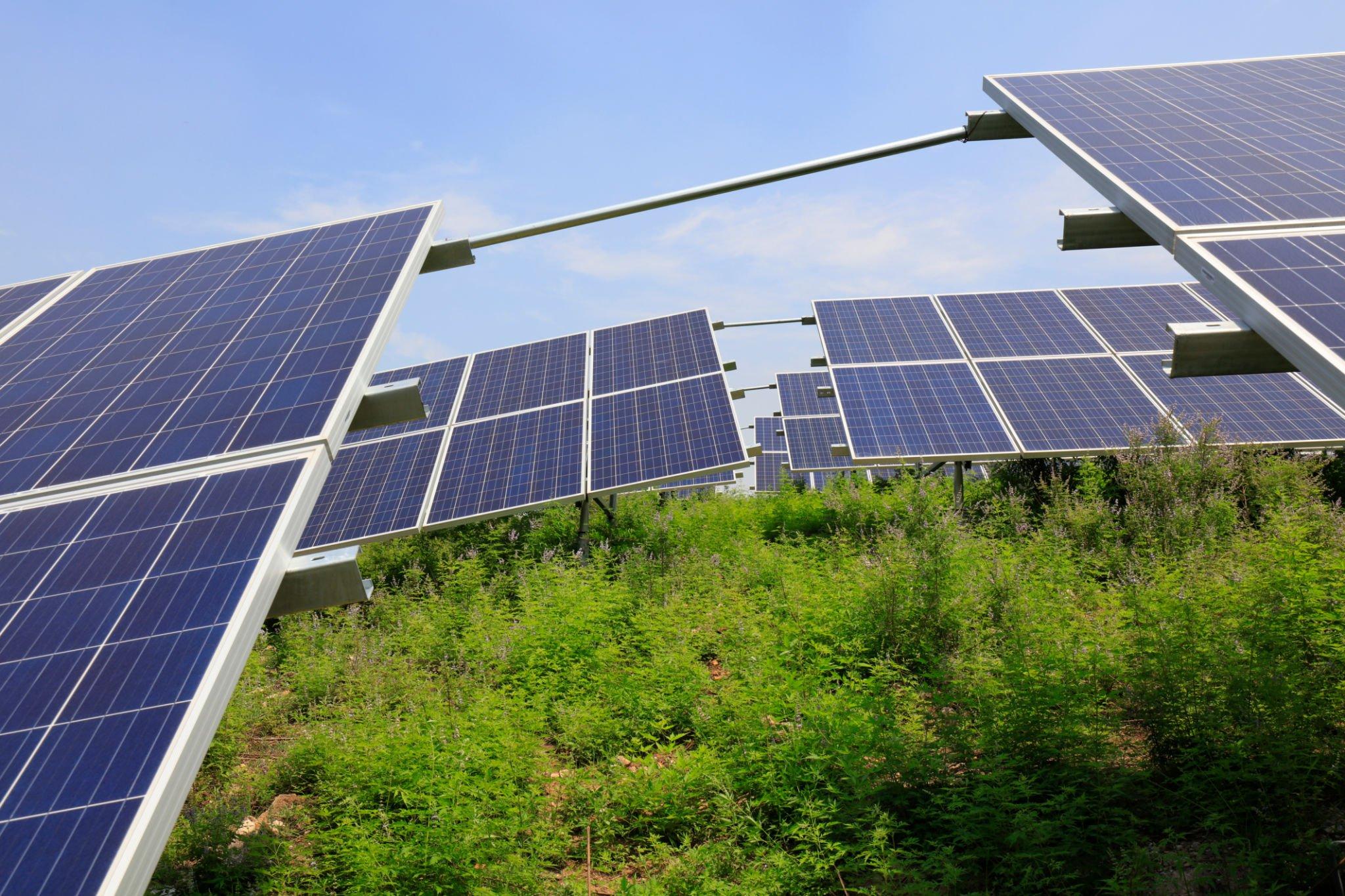
Solar Power Plants: Harnessing the Sun’s Energy on a Large Scale
Solar power plants, also known as solar farms or solar parks, are large-scale installations that harness the sun’s energy to generate electricity on a significant level. These expansive facilities play a vital role in the global transition towards clean and renewable energy sources. Let’s explore the world of solar power plants and understand their significance:
Scale and Capacity: Solar power plants are designed to generate electricity at a large scale, ranging from several megawatts to hundreds of megawatts or even gigawatts. These facilities consist of numerous interconnected solar panels, collectively forming vast solar arrays that cover extensive areas of land.
Solar Panel Technology: Solar power plants utilize various types of solar panel technologies, including monocrystalline, polycrystalline, and thin-film panels. The choice of technology depends on factors such as efficiency, cost, and available space. Advances in solar panel technology continue to drive the efficiency and output of solar power plants, enhancing their economic viability.
Utility-Scale Power Generation: Solar power plants primarily focus on utility-scale power generation, supplying electricity to the grid and serving a large number of consumers. These plants contribute to the diversification of the energy mix, reducing reliance on fossil fuels and decreasing carbon emissions.
Solar Tracking Systems: Solar power plants often incorporate solar tracking systems to optimize energy generation. Solar trackers allow solar panels to follow the sun’s movement throughout the day, maximizing their exposure to sunlight and increasing overall energy output. This technology improves the efficiency of solar power plants by capturing more sunlight and converting it into electricity.
Environmental Benefits: Solar power plants offer significant environmental benefits. By generating electricity from a clean and renewable source, they reduce greenhouse gas emissions and contribute to mitigating climate change. Solar power plants play a crucial role in achieving sustainability goals and transitioning towards a low-carbon future.
Land Utilization and Considerations: Solar power plants require ample space for installation. They are typically situated on large tracts of land, which can be privately owned or leased. Careful consideration is given to factors such as land availability, topography, proximity to transmission infrastructure, and environmental impact assessments to ensure responsible land utilization and minimize any potential ecological or community disruptions.
Long-Term Investment: Solar power plants are long-term investments, often with operational lifespans of 25 years or more. They provide a stable and predictable source of renewable energy, offering a reliable and consistent electricity supply over their operational lifetime. The long-term nature of solar power plants contributes to energy security and fosters economic growth.
Integration with Energy Storage: Some solar power plants integrate energy storage systems, such as batteries, to store excess electricity for later use. Energy storage allows for better management of intermittent solar power generation and facilitates the delivery of electricity during periods of high demand or when sunlight is limited. This integration enhances the reliability and flexibility of solar power plants.
Solar power plants play a crucial role in the global shift towards clean energy. These large-scale installations harness the sun’s energy to generate electricity on a utility-scale level, contributing to sustainable development and reducing our reliance on fossil fuels. By embracing solar power plants, we can build a resilient and environmentally conscious energy infrastructure that powers a brighter future for generations to come.
At Fellow Energy, we are at the forefront of solar power plant development, offering innovative solutions and expertise in the implementation of large-scale solar projects. Our commitment to excellence and sustainability drives us to deliver reliable and efficient solar power plants that make a positive impact on the world.
Unlock the potential of solar power plants and be a part of the clean energy revolution.
Other News
DATA PROTECTION
WEBSITE COOKIE POLICY
Protecting the privacy of visitors to the website operated by Fellow Energy at (www.fellowsolarenergy.com) is one of our organization’s fundamental principles. This Cookie Usage Policy (“Policy”) explains the types of cookies used and their conditions to all website visitors and users.
Cookies are small text files stored on your computer or mobile device by the websites you visit.
They are commonly used to provide you with a personalized experience while using a website, improve the services offered, and enhance your browsing experience. If you prefer not to use cookies, you can delete or block them through your browser settings. However, please note that this may affect your use of our website. Unless you change your cookie settings in your browser, we will assume that you have accepted the use of cookies on this site.
1. WHAT KIND OF DATA IS PROCESSED IN COOKIES?
Cookies on websites collect data related to your browsing and usage preferences on the device you use to visit the site, depending on the type. This data includes information about the pages you access, the services and products you review, your preferred language selection, and other preferences.
2. WHAT ARE COOKIES AND WHAT ARE THEIR PURPOSES?
Cookies are small text files stored on your device or server by websites you visit through browsers. These small text files, which include your preferred language and other settings, help remember your preferences for your next visit to the site and aid us in making improvements to our services to enhance your experience. This allows you to have a better and personalized user experience during your next visit.
The main purposes of using cookies on our website are listed below:
- To improve the functionality and performance of the website to enhance the services provided to you,
- To enhance the website and offer new features through the website, personalized according to your preferences;
- To ensure the legal and commercial security of the Website, you, and the Institution, and prevent fraudulent transactions through the Site;
- To fulfill legal and contractual obligations, including but not limited to those arising from the Law No. 5651 on the Regulation of Publications Made on the Internet and Combatting Crimes Committed through These Publications and the Regulation on the Procedures and Principles Regarding the Regulation of Publications Made on the Internet.
3. TYPES OF COOKIES USED ON OUR WEBSITE
3.1. Session Cookies
Session cookies ensure the proper functioning of the website during your visit. They are used for purposes such as ensuring the security and continuity of our sites and your visit. Session cookies are temporary cookies that are deleted when you close your browser, and they are not permanent.
3.2. Persistent Cookies
These cookies are used to remember your preferences and are stored on your device through browsers. Persistent cookies remain even after you close your browser or restart your computer. These cookies are stored in your browser’s subfolders until they are deleted from your browser settings.
Some types of persistent cookies can be used to offer personalized recommendations based on your purpose of using the Internet Site.
Persistent cookies allow us to determine if a cookie created by our Internet Site exists on your device when you visit our Internet Site again with the same device. If it exists, we understand that you have previously visited the site, and the content that will be delivered to you is determined accordingly, thus providing you with better service.
3.3. Necessary/Technical Cookies
These are essential cookies for the proper functioning of the visited website, ensuring necessary services by allowing access to secure sections of the website, using its features, and navigating through it.
3.4. Analytical Cookies
These cookies collect information about how the website is used, including the frequency and number of visits, and show how visitors arrive at the site. The purpose of using these cookies is to improve the functioning of the website, enhance performance, and determine general trends. They do not contain data that can identify visitors. For example, they may show the number of error messages displayed or the most visited pages.
3.5. Functional Cookies
These cookies remember the choices made by visitors within the site, ensuring convenience for the next visit. The purpose of these cookies is to provide ease of use for visitors. For instance, they prevent the need for the site user to re-enter their password on each page they visit.
3.6. Targeting/Advertising Cookies
They measure the effectiveness of the displayed advertisements and calculate how many times advertisements are viewed. These cookies aim to present personalized advertisements according to the interests of visitors.
Likewise, they identify specific interests in the navigation of visitors and present suitable content. For instance, they prevent the same ad from being shown to a visitor in a short period.
4. HOW TO MANAGE COOKIE PREFERENCES?
You can change your preferences regarding cookie usage, block or delete cookies by changing your browser settings.
Many browsers offer options to accept or reject cookies, accept only certain types of cookies, or receive a warning from the browser when a website requests to store cookies on your device.
Furthermore, it is possible to delete previously stored cookies from your browser.
If you disable or reject cookies, you may need to manually adjust certain preferences, and some features and services on the website may not function properly as we won’t be able to recognize and associate your account. You can change your browser settings by clicking on the relevant link from the table below.
5. EFFECTIVENESS OF THE WEBSITE PRIVACY POLICY
The Internet Site Privacy Policy is dated 15/08/2023. If the entire Policy or specific articles are renewed, the effective date of the Policy will be updated. The Privacy Policy is published on the Institution’s website (www.fellowsolarenergy.com) and is made accessible to the relevant individuals upon their request.



